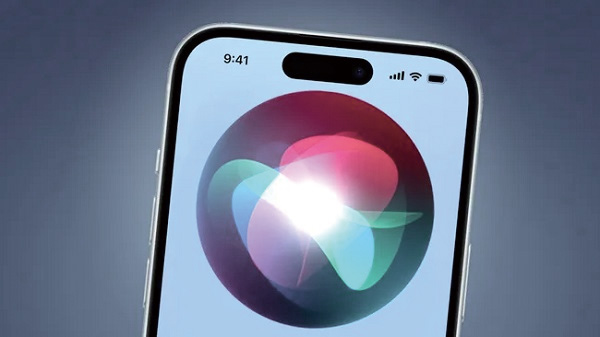
Apple has delayed its highly anticipated Siri AI enhancements, initially set to launch this spring, pushing their release to 2026. Showcased last year as part of Apple Intelligence, the upgrades promised a more proactive Siri capable of interacting across multiple apps and utilizing personal context for tasks. However, Apple cited unexpected challenges, stating, “It is going to take us longer than we thought to deliver on these features and we anticipate rolling them out in the coming year.”
The delay raises concerns about Apple’s competitiveness in AI. While Apple has introduced features like conversational Siri interactions, a redesigned interface, and ChatGPT integration, rivals such as OpenAI, Google, and Amazon are advancing their AI assistants at a faster pace. Google’s Gemini and Amazon’s upgraded Alexa are set to incorporate generative AI-driven automation, increasing competition.
The postponement has sparked backlash, particularly in South Korea, where Seoul YMCA is considering filing a complaint against Apple for deceptive advertising. The public interest organization claims Apple marketed AI-powered Siri features without disclosing the delay, leading many to buy new iPhones under false expectations. Seoul YMCA is seeking a Fair Trade Commission investigation and considering legal action if Apple does not compensate affected consumers. Apple’s removal of promotional materials from YouTube has intensified speculation that it was aware of the delay but failed to communicate it openly.
Despite these challenges, Apple continues to develop new features. One notable update is a real-time translation function for AirPods, expected in iOS 19 later this year. This feature will allow live conversation translations via the iPhone and AirPods. Apple aims to strengthen its position in wearable technology, competing with Google’s Pixel Buds, which have similar capabilities. Additionally, Apple is reportedly developing AirPods with built-in cameras to enhance spatial awareness, reflecting its broader AI expansion beyond Siri.
Apple’s ability to recover from the Siri delay will depend on how effectively it integrates AI across its ecosystem. With competitors advancing rapidly, the company faces mounting pressure to fulfill its AI promises while maintaining consumer trust.


